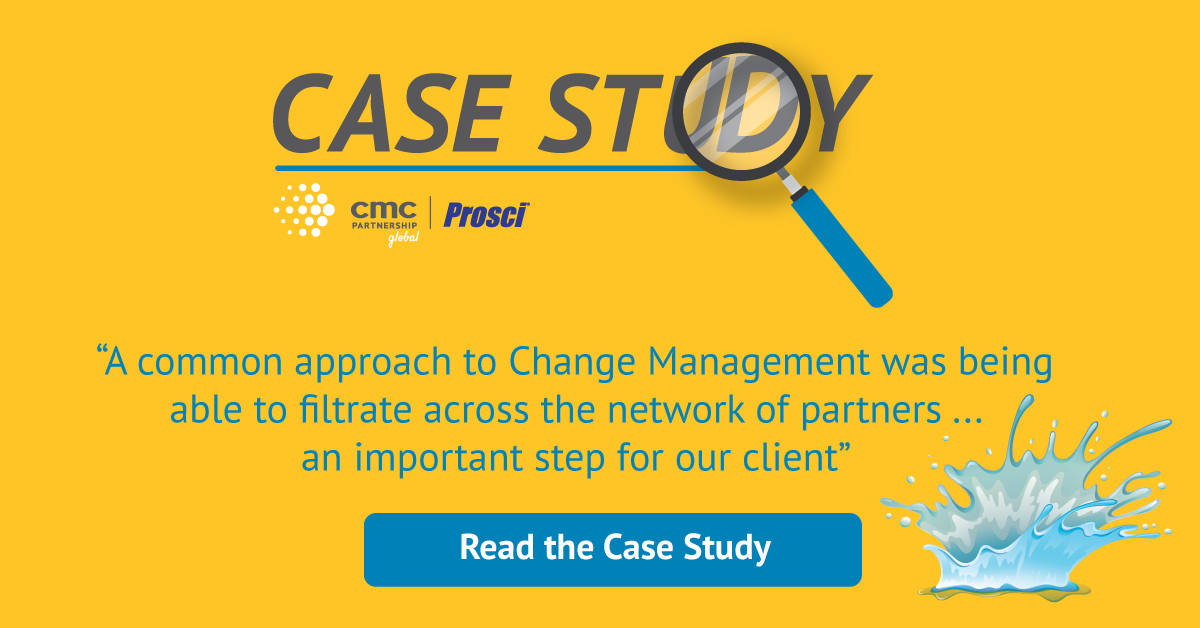Over the last 20 years the climate crisis has moved from being a relatively niche topic for organisations to concern themselves with, to an increasingly mainstream issue. Consequences of not reducing our impact on the planet include rising temperatures which are fuelling environmental degradation, natural disasters, weather extremes, food and water insecurity, economic disruption, conflict, and terrorism. There are a huge variety of ways organisations can respond to reduce their environmental impact. This blog considers two options from that spectrum.
First, is the application for B Corp status or a similar direction of ethos for an organisation. This does not just consider the carbon emissions produced by the organisation’s activities, it looks to measure a company’s entire social and environmental impact. It is holistic, not exclusively focused on a single social or environmental issue. B Corp Certification is a designation that a business is meeting high standards of verified performance, accountability, and transparency on factors from employee benefits and charitable giving to supply chain practices and input materials.
As a result, the organisational changes that come with B Corp certification status or similar are likely to focus more on the mindsets, attitudes and beliefs of employees, asking impacted groups to change their critical behaviours alongside possible changes to processes, systems and tools. Overall this change will likely have a focus on behaviour, asking individuals to change how they think about their work and its relationship to the environment and local and global communities.
Another way organisations can respond to climate change is the use of carbon-offsetting. Offsetting is a way of paying for others to reduce emissions or absorb CO2, to compensate for emissions. For example, by planting trees to suck carbon out of the atmosphere as they grow, or by delivering energy-efficient cooking stoves to communities in developing countries. This can be considered at the opposite end of the scale to B Corp Certification status, whilst there are likely to be the addition of calculating annual emissions, once the chosen organisation has been paid to offset the emissions no further changes necessarily need to be made. Consequently, types of impact we can expect employees to experience when choosing to carbon offset are likely to constitute some process, tool and system change.
Case Study: Building capacity for absorbing change more effectively
That being said, many organisations don’t just adopt carbon-offsetting, but combine it with carbon reduction strategies such as: turning lights, laptops, machines off when not in use or reducing travel miles for colleagues and products. Carbon-offsetting is more effective if it can also form part of a wider environmental impact programme such as B-Corp status or similar.
There is no doubt, that the obligation to adapt business processes to become more environmentally friendly is becoming stronger and stronger, with requirements for climate friendly activities more likely to pop up in contract negotiations. Beyond contract negotiations research also suggests two thirds of Millennials are reluctant to take a job if an employer does not have a strong corporate social responsibility agenda, which climate change initiatives often form a key part. Consumers are also demonstrating they desire to choose more sustainable providers too.
Whilst these efforts will reduce our impact on the environment, there is, the additional consideration that will undoubtedly become more important in the coming years: how will businesses adapt to the consequences of increased unpredictability caused by rising temperatures in the future? They may face changes being thrust upon them so being able to effectively embrace change will enable them to adapt and flex and keep them operational and for some continue to grow. It will be interesting to see how this develops - watch this space!
Learn More
In order to cope with the influx of change, organisations are recognising the need to execute change management well at an organisational level.
For more information on enterprise change management, check out some further resources and look back at some of our previous webinars on this topic on-demand!
Or, if your organisation is ready to take the next step, consider our range of Prosci Change Management Training Solutions.



